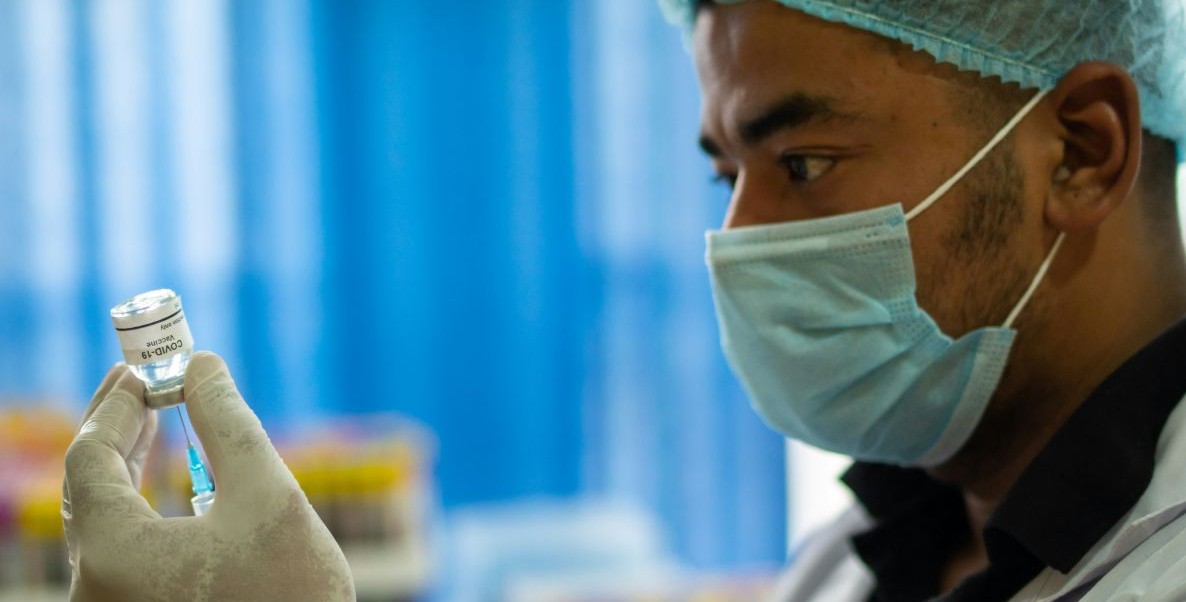At The College of Physicians of Philadelphia, the nation’s oldest organization dedicated to the science of medicine and the improvement of public health, we understand that peoples’ reactions to President Trump’s sweeping cuts to the federal government are often a matter of opinion.
But on the question of how the cuts may impact our health, our concern is that the President’s actions may make us sick.
Since January 20, the Trump administration has taken several steps that pose a significant threat to public health, including:
-
- Temporarily suspended the publication of surveillance data in the Department of Health and Human Services’ Morbidity and Mortality Weekly Report.
- Ordered communications restrictions on scientists at the federal Centers for Disease Control and Prevention.
- Ordered the U.S. withdrawal from the World Health Organization (WHO), the world’s leading resource for reporting about disease surveillance.
- Called for massive cuts in federal research grants that are at the forefront of studying the impact of disease and finding life-saving cures.
- Threatened loss of trained public health personnel from forced reductions of federal health workers.
Let’s stand up for what’s right before it makes us sick.
Here’s why public health matters:
Public health is inherently a collaborative, evidence-driven field that depends on transparent communication, reliable resources, and a sufficient workforce to effectively respond to health threats, promote disease prevention, and advance medical knowledge. For public health to function, it needs to know what is happening in the community through the reporting of disease surveillance and other health data.
America became aware of the Covid-19 pandemic because of the worldwide surveillance of respiratory diseases conducted by the WHO and the Centers for Disease Control (CDC). The new messenger RNA Covid vaccine was developed because of basic science research conducted at the University of Pennsylvania.
And there’s no question that experienced personnel are critically needed to implement proper public health programs that reach a wide population. The nationwide Covid vaccination program that prevented over 1 million deaths could not have been achieved without the necessary public health personnel.
Cuts like these interrupt the flow of information, thereby impacting the ability of research and health organizations to track disease and potential cures. The resulting threat to public health is inescapable.
The science of public health has saved millions of lives in this country and abroad. Disruption of public health activities will adversely affect the health and lives of many Americans. As one of the nation’s oldest and most important organizations in the service of public health, The College of Physicians reaffirms our commitment to supporting physicians, researchers and public health professionals in their mission to improve the health and well-being of all people.
We urge policymakers, medical societies and the broader health community to advocate for policies that uphold scientific integrity, protect public health infrastructure, and ensure equitable access to medical care.
Let’s stand up for what’s right before it makes us sick.
Dr. Robert G. Sharrar is Chair of the Section on Public Health & Preventive Medicine for The College of Physicians of Philadelphia. Dr. Rene Najera is the Director of the Center for Public Health at The College of Physicians of Philadelphia.
The Citizen welcomes guest commentary from community members who stipulate to the best of their ability that it is fact-based and non-defamatory.
![]() MORE ON STAYING HEALTHY IN PHILLY
MORE ON STAYING HEALTHY IN PHILLY




